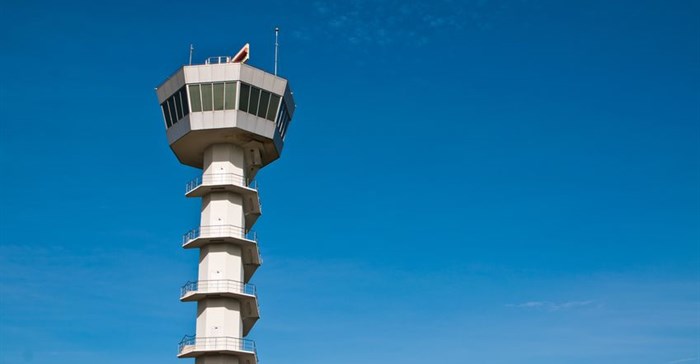If Comair lost its court bid to declare the government bailouts of SAA invalid, it would be forced to reconsider its investment in South Africa, CEO Erik Venter said this week.
The effect of the guarantees - totalling about R30-billion by this year - on the local airline industry was a risk for Comair, the High Court in Pretoria heard this week. "It's the biggest single item on our risk register," Venter said.
Comair's challenge against the constitutionality of the guarantees was launched in 2012, but the case was only heard this week.
Venter said a loss in court would "bring into question whether it is feasible for the private sector to continue investing" in South Africa. The bailouts effectively meant that SAA had "immunity from bankruptcy", he said on the sidelines of the court hearing.
Comair, which operates kulula and British Airways, is effectively the only major private airline in South Africa. Failures such as Nationwide and 1Time have also, in part, been blamed on SAA.
SAA still faces two damages claims from Nationwide and Comair that are expected to run into "hundreds of millions of rands" for anticompetitive behaviour.
Vernon Bricknell, former Nationwide CEO, said this week that its claim would be debated in court in September. Comair expected its case to be heard next year.
"In Europe, airlines get knocked out of Iata [the International Air Transport Association] if they [receive state bailouts]. It is blatantly against regulations," Bricknell said.
He said SAA competed at taxpayers' expense on routes that were not even profitable.
"In East London we went in about half their price and they matched us," he said.
This week, Skywise co-chairman Javed Malik told Money- web it would call for a round- table between the airline industry and the minister of tourism to discuss SAA's conduct, among other things.
David Unterhalter SC, for Comair, told the court this week that the government had violated its own domestic air transport policy, which promised not to guarantee loans on behalf of SAA while private airlines had to borrow at their own risk.
Comair claimed that the state did not consider this when it granted the R5-billion guarantee in 2013, following previous guarantees issued. Unterhalter also argued that a handout from public funds could only be authorised by parliament.
Jeremy Gauntlett SC, for the ministers of finance and public enterprises, and Hamilton Maenetje SC, for SAA, argued that section 70 of the Public Finance Management Act provided for a cabinet minister, with the concurrence of the minister of finance, to grant guarantees. There was also provision in the constitution.
Gauntlett also argued that the ministers were not constrained to take the transport policy into account and that SAA's situation was "so dire" that the minister's decision to save the airline was rational and reasonable.
Comair claimed that when the guarantee was granted to SAA, the ministers knew the airline was unable to repay the loans to the banks and that the government would have to repay the debt, so the guarantee in effect amounted to funding.
Nedbank, Standard Bank, Citibank and Absa have joined the case out of fear that their loans to SAA would be at risk if the government's guarantees were declared invalid.
Source: Business Times






































